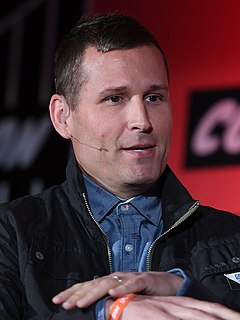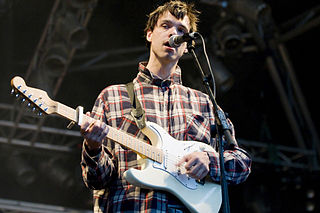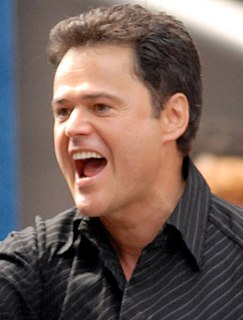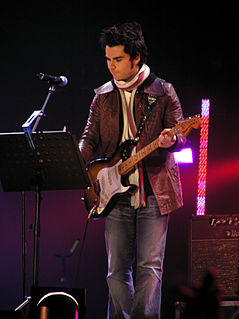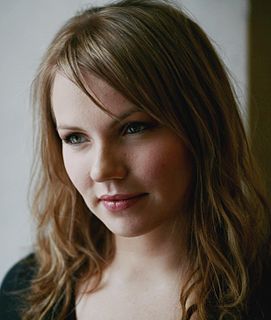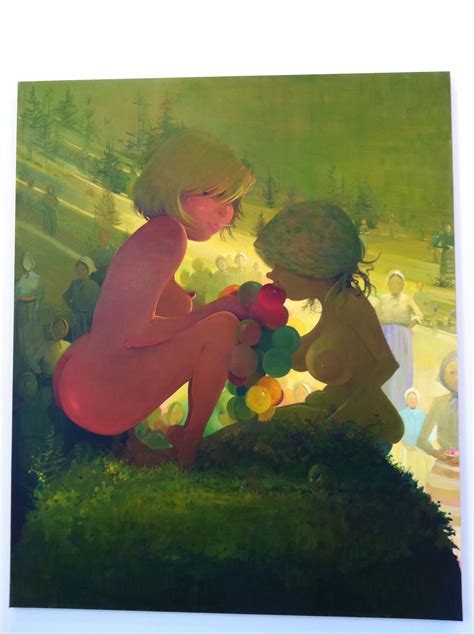A Quote by Christopher Bollen
An album for me as a teenager in the '70s was a fully formed concept. It was a body of work from an artist I liked or trusted or who excited me. Maybe one of the songs is really poppy and you listen to it on the radio as a hit single and then more of the world is about to find out about this artist by buying the record.
Related Quotes
I think record cover sleeves really led towards, but at the same time the album as we know it didn't come into being until mainly after the Second World War because record labels realized they'd be able to make a lot more money putting all the singles of an artist onto one album and selling the whole album as a kind of a concept.
I was talking to my dad about the stuff he grew up listening to, and 'Operation: Mindcrime' is a record that he had always talked about around the house. He always talked about it as the 'greatest concept album of all time.' One day, I started listening to it, and it just hit me. I was like, 'These songs are all hits. They're all huge songs.'
Just let the artist sign an empty canvas or a frame, with the inscription, 'I had such and such a concept in mind' for this work. The artist then need not bother with producing the work, and therefore need not be worried about being dis-satisfied. All he or she needs to do is to sell it to a collector. The collector will have the guarantee that the artist thought about the work, even if momentarily, and therefore be satisfied.
The mindset of chasing that next #1 record doesn't exist for me anymore. It's more about being a well-rounded entertainer than being a pop artist. Obviously, it would be wonderful to have a hit record but I don't base my happiness on that anymore. It's about the accomplishment of a project that satisfies me. I just want to enjoy the ride.
I didn't really feel any pressure when I've made records, I haven't as yet anyway. I feel when I'm making a record that I'm so excited about making new songs that when I'm doing demos of new songs, as soon as I make one that's really different I get really excited about the record, I don't care about the last record anymore.
I have been singing since I was two years old, my parents tell me, and started to write songs when I was fifteen. Eventually, my friends and my parents knew that this was something I liked to do. They also knew I had a dream of making my own album. They have always been encouraging me to do something about it, and so I did. So I went to a local radio station in Tromsø, and there I got to record a couple of songs.
I ended up writing songs and growing up in public with my songwriting. And it's a good thing for me back then: in the early '70s, there was a thing called artist development, where an artist could find his feet, find himself, find his voice. I think I made five or six albums before I sold five or six albums.
When the artist is truly the servant of the work, the work is better than the artist; Shakespeare knew how to listen to his work, and so he often wrote better than he could write; Bach composed more deeply, more truly than he knew, Rembrandt's brush put more of the human spirit on canvas than Rembrandt could comprehend. When the work takes over, then the artist is enabled to get out of the way, not to interfere. When the work takes over, then the artist listens.



